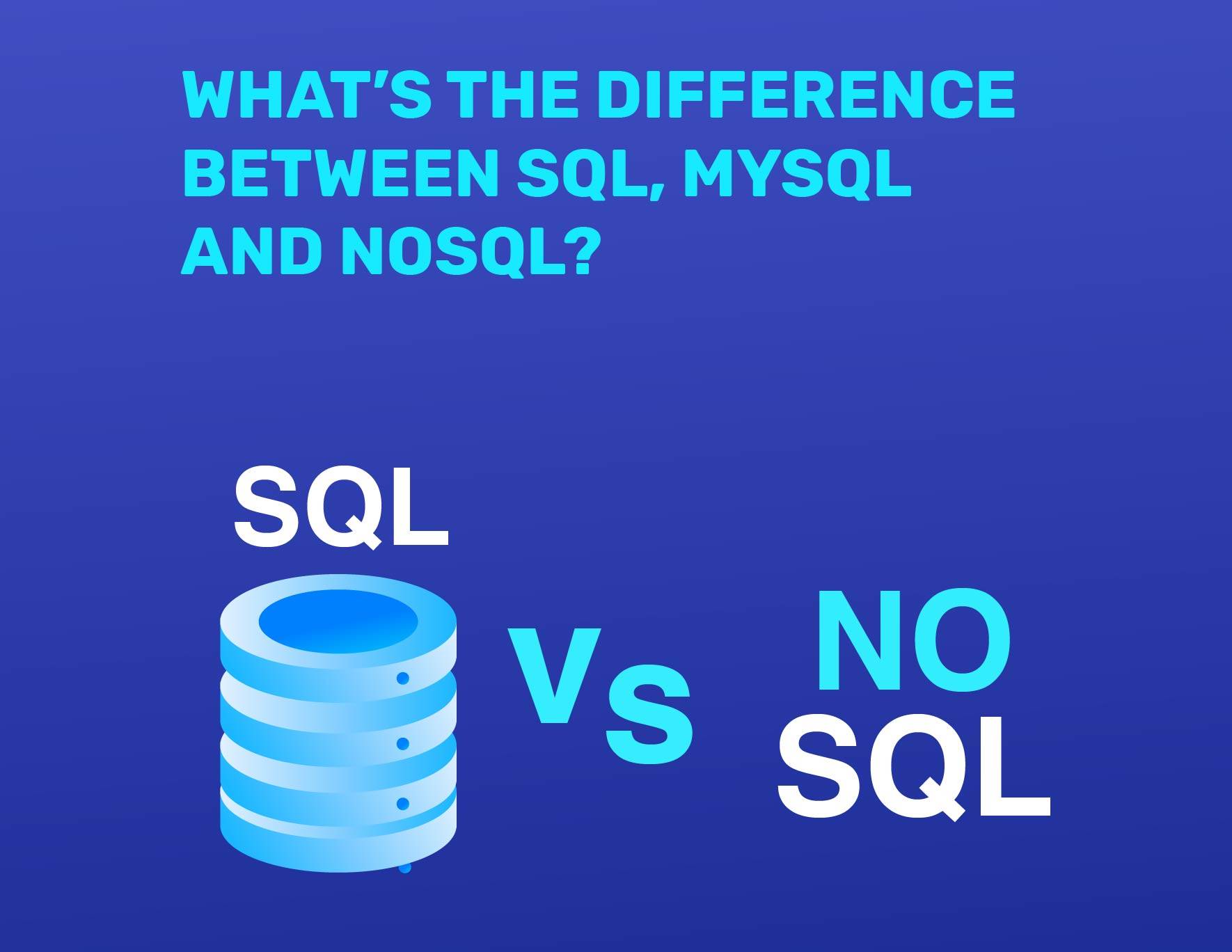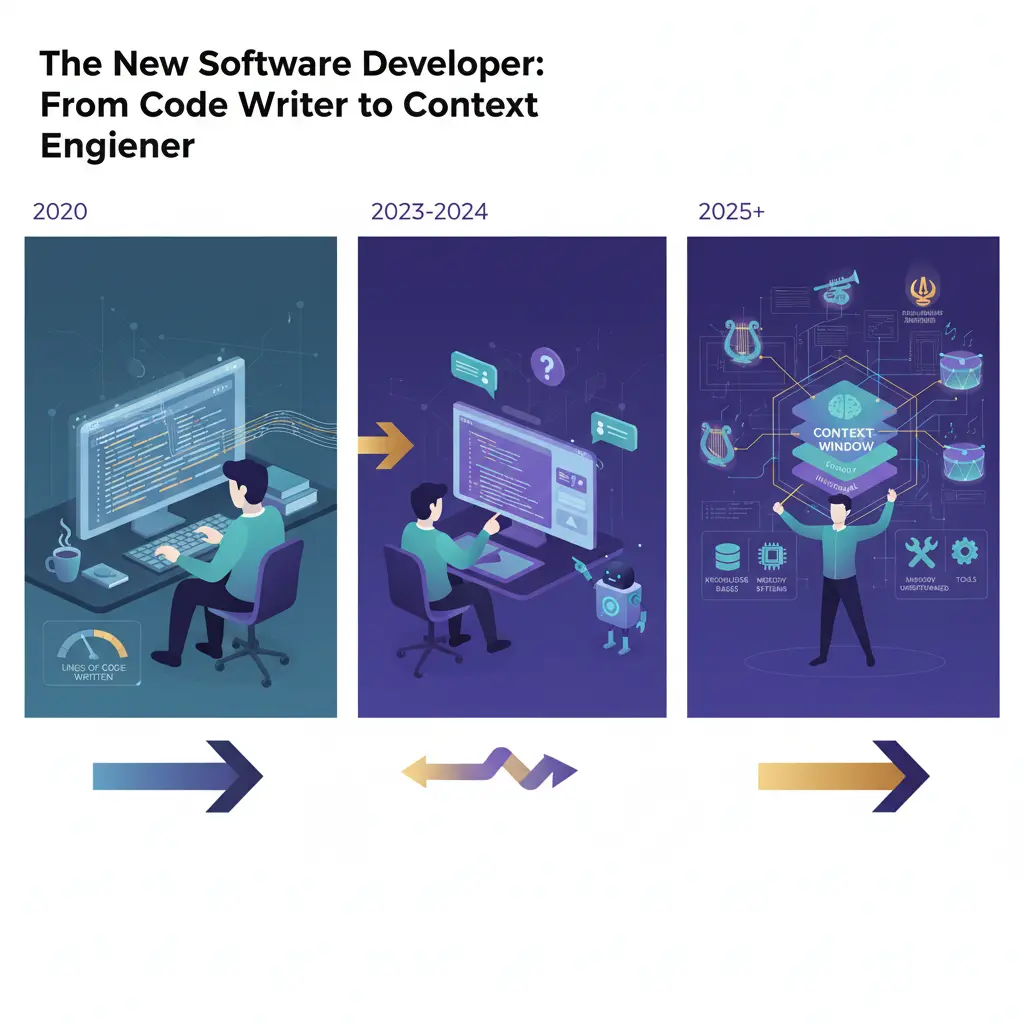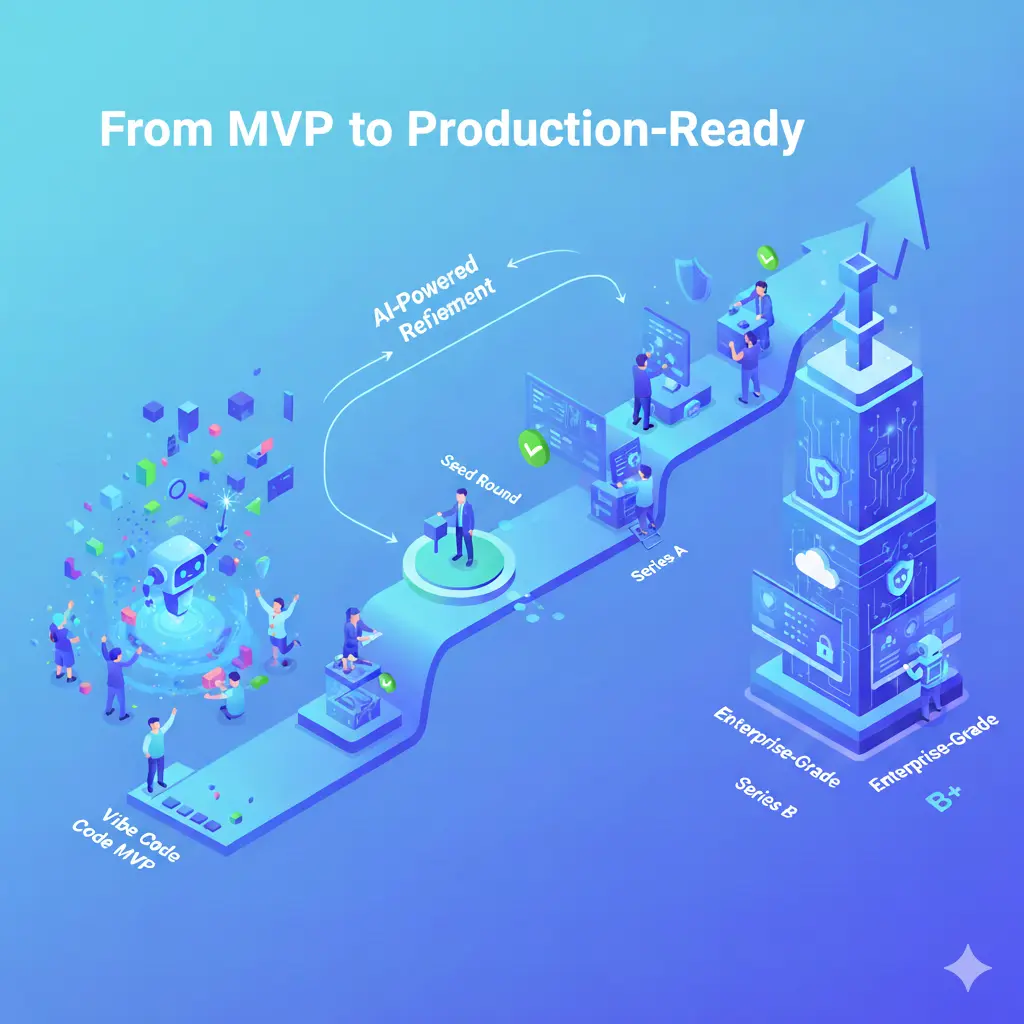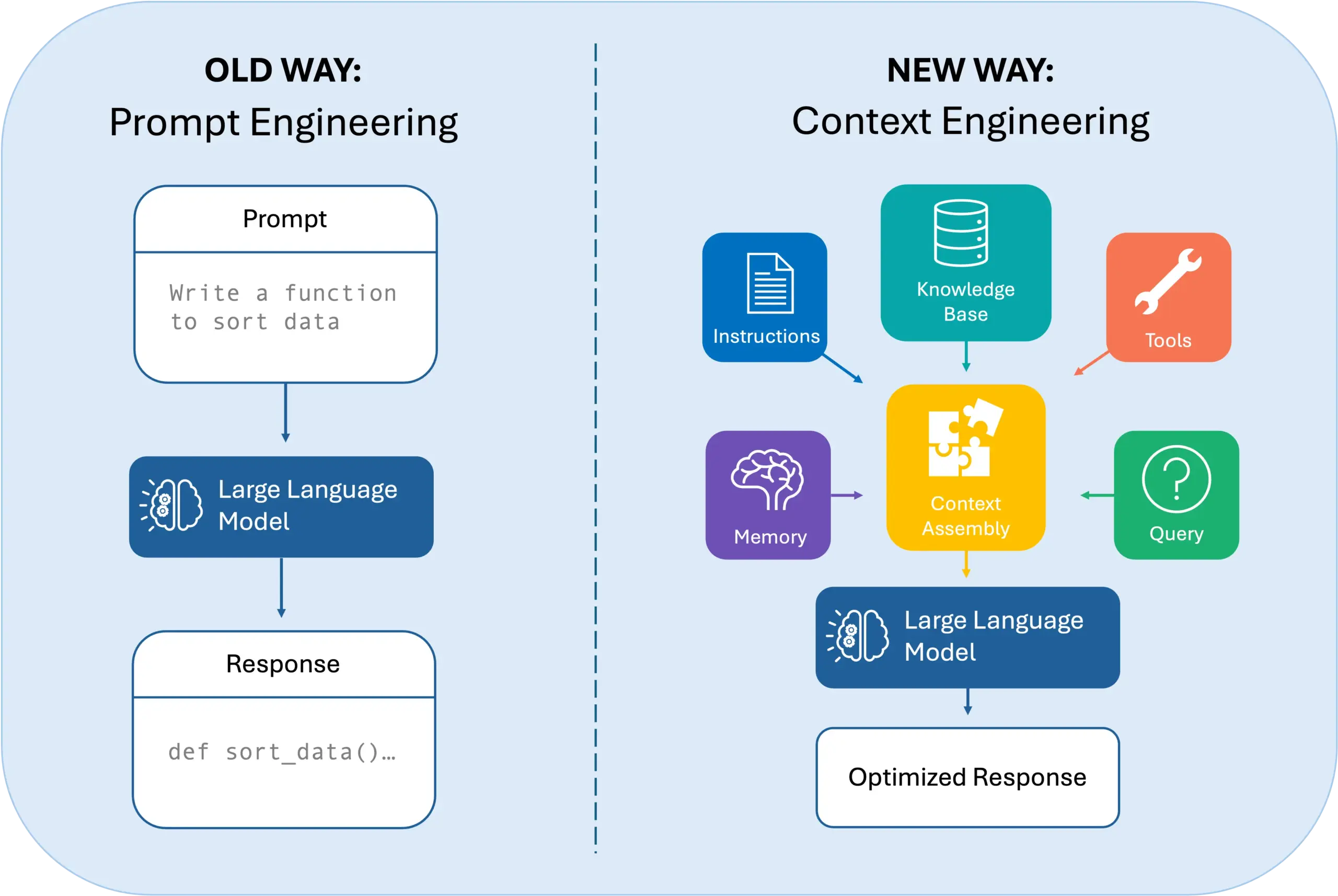There are many programming languages in computer science, and there is a specific language type for obtaining data stored in databases based on the relational model. In 1970 Edgar Frank Codd created the relational model of data, also creating a «sublanguage» to manage access to data.
The spread of dynamic web pages across the Internet today is mainly due to the possibility of their content being handled through databases. Database management is a complicated process, which the SQL language has considerably streamlined. As its full name (Structured Query Language) implies, the SQL language is responsible for querying and editing the information stored in each database management system.
The SQL language quickly became popular and was included in many database managers such as Microsoft SQL Server, Oracle, Sybase, MySQL, Firebird, Informix, PostgreSQL, DB2, etc. And in addition to database managers, many programming languages base their data access engines on using SQL commands to execute the data movements of applications developed in their environment.
If you work with databases, you must understand the differences between SQL, MySQL, and NoSQL. By knowing how they differ, you can make sure you know which one to use effectively at the right time.
What are SQL, MySQL, and NoSQL?
SQL (Structured Query Language) is a language used to communicate with relational databases, which are structured databases based on the relational data model. Relational (or SQL) databases, organize data in tables with defined relationships or schema between them. SQL databases are widely used for managing structured data, such as financial records, inventory management, and other transactional data. SQL databases ensure data consistency, reliability, and support for transactions.
MySQL is an open-source relational database management system (RDBMS) based on SQL. MySQL is a popular and widely used database system that provides reliable, performant, and scalable data management. MySQL is known for its stability, security, and easy integration with other software applications.
NoSQL (Not only SQL) is a category of databases that can handle unstructured or semi-structured data and does not rely on a fixed schema. For example, NoSQL databases can use different data models, such as key-value pairs, document stores, column-family stores, or graph databases.
Knowing the differences between SQL (or a relational database) and NoSQL can help you define which one is better suited to your requirement. They both are popular options in the market, so you must know the differences to find the right choice for your needs.
These are some of the key differences between SQL and NoSQL:
- Data model: SQL follows the relational data model, while NoSQL databases can use different data models.
- Schema: SQL has a fixed schema that must be defined before adding data, while NoSQL databases can handle unstructured or semi-structured data without a predefined schema.
- Query language: SQL uses SQL as the query language, while NoSQL databases can use various query languages or APIs, depending on the type of database.
- Scalability: SQL can be horizontally scaled by adding more servers, which can be complex and expensive. NoSQL databases are designed to scale horizontally across multiple nodes or clusters easily.
- ACID compliance: SQL is designed to be ACID-compliant, ensuring transactions are atomic, consistent, isolated, and durable. NoSQL databases may sacrifice some of these guarantees for performance or scalability reasons.
In summary, SQL is a structured relational database management system that is best suited for handling structured data that requires strong consistency and support for transactions. On the other hand, NoSQL databases are designed to be highly scalable, flexible, and performant. They are best suited for handling unstructured or semi-structured data requiring high scalability, performance, and flexibility.
The choice between using SQL, NoSQL, or a combination of both is yours. Weigh the pros and cons of each and contrast them with your needs to determine which option is right for you.




